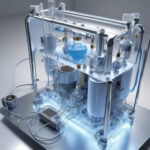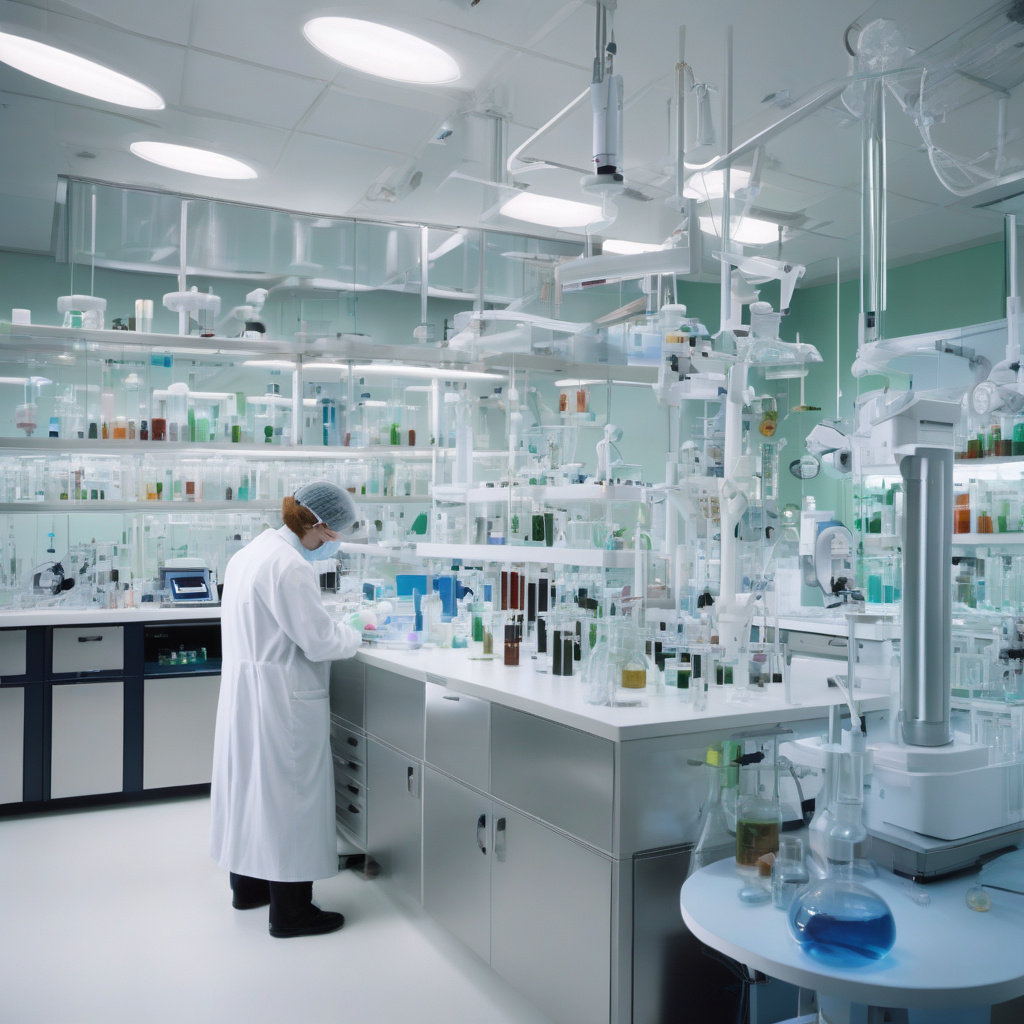Microbes that Capture CO2 Quickly: A Promising Solution to Climate Change
Researchers have discovered a microbe that can capture carbon dioxide quickly, and it sinks, essentially acting as a natural carbon sink. This groundbreaking finding opens up a realm of possibilities in the fight against climate change, offering a potential solution that could help offset the increasing levels of CO2 in the atmosphere.
The microbe in question, which belongs to the group of protists known as euglenids, has demonstrated an impressive ability to absorb CO2 at a rapid rate. This process is particularly significant as it addresses one of the key challenges in mitigating climate change – the need to capture and store carbon emissions efficiently.
What sets these microbes apart is their efficiency in capturing CO2 compared to other natural carbon sinks like forests and oceans. While trees and plants play a crucial role in sequestering carbon, they can only do so much given the rate at which human activities are releasing CO2 into the atmosphere. In contrast, these CO2-capturing microbes offer a more concentrated and targeted approach to carbon capture.
Moreover, the ability of these microbes to sink to the ocean floor further enhances their potential as a long-term carbon storage solution. Once the microbes have absorbed CO2, they sink to the bottom of the ocean, effectively removing the carbon from the atmosphere for an extended period. This natural process mirrors artificial carbon capture and storage (CCS) methods but does so in a more sustainable and cost-effective manner.
The implications of this discovery are far-reaching. If harnessed effectively, these CO2-capturing microbes could play a significant role in offsetting carbon emissions from sources such as power plants, industrial facilities, and vehicles. By integrating these microbes into carbon capture technology, we could potentially reduce the amount of CO2 released into the atmosphere, helping to slow down the pace of climate change.
Furthermore, the scalability of this solution makes it even more appealing. Unlike many existing carbon capture technologies that are limited in their application, these microbes have the potential to be deployed on a larger scale, making a tangible impact on global CO2 levels. This scalability is crucial in addressing the urgent need for solutions that can combat climate change on a worldwide scale.
While the discovery of these CO2-capturing microbes is a significant step forward, further research is needed to fully understand their capabilities and potential environmental impacts. Scientists are actively studying how these microbes interact with marine ecosystems, their long-term viability as carbon sinks, and the best methods for deploying them effectively.
In conclusion, the emergence of microbes that can capture CO2 quickly offers a promising solution to the challenges posed by climate change. By harnessing the natural abilities of these microbes, we have the opportunity to combat rising CO2 levels and reduce the impact of human activities on the environment. As research in this field progresses, we may soon witness a new era in carbon capture technology that revolutionizes our approach to mitigating climate change.
climatechange, CO2capture, microbes, sustainability, research












